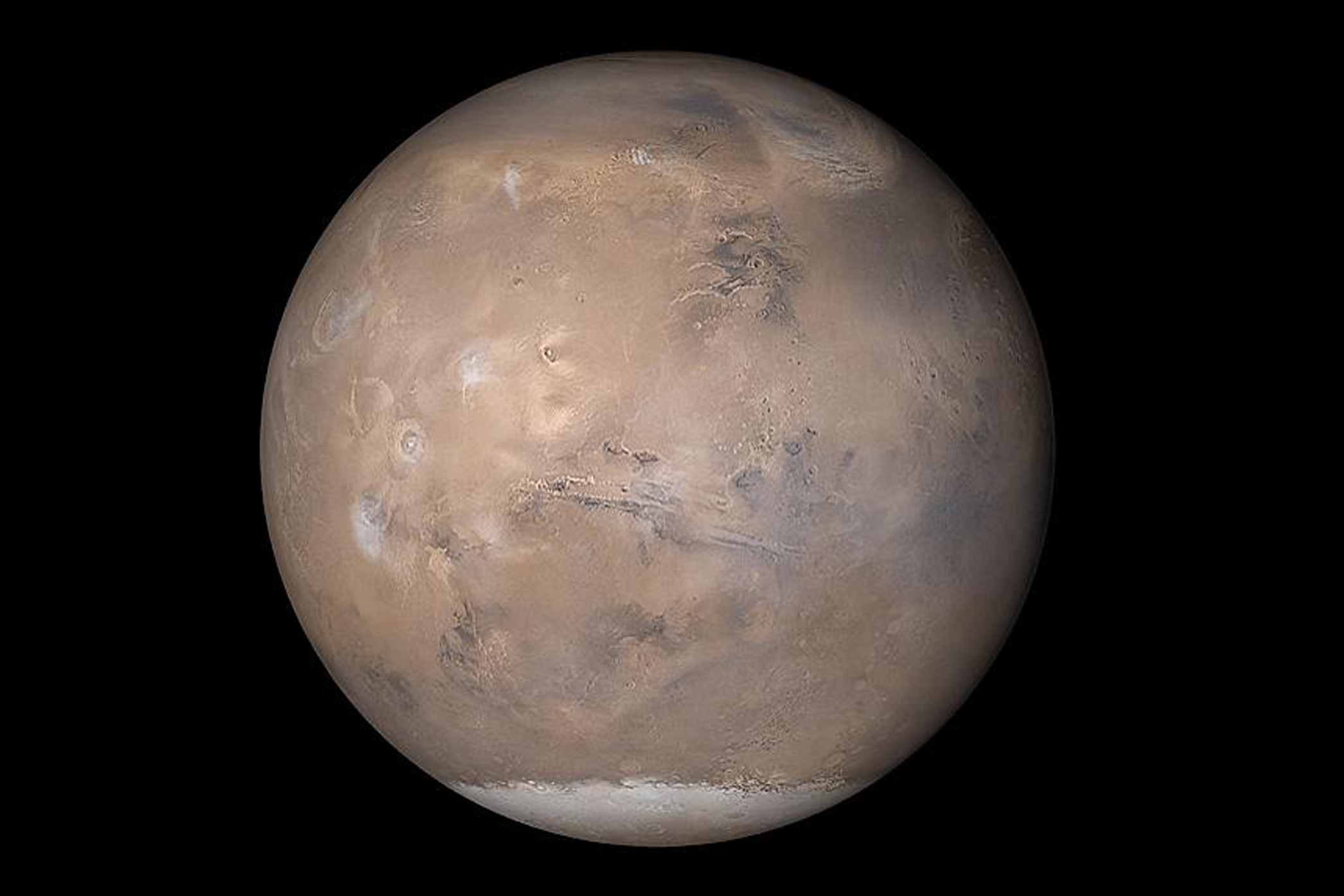Life on Mars impossible to detect with current scientific instruments – experts
The instruments may lack the sensitivity to find evidence of microbial life, researchers have said.

Your support helps us to tell the story
From reproductive rights to climate change to Big Tech, The Independent is on the ground when the story is developing. Whether it's investigating the financials of Elon Musk's pro-Trump PAC or producing our latest documentary, 'The A Word', which shines a light on the American women fighting for reproductive rights, we know how important it is to parse out the facts from the messaging.
At such a critical moment in US history, we need reporters on the ground. Your donation allows us to keep sending journalists to speak to both sides of the story.
The Independent is trusted by Americans across the entire political spectrum. And unlike many other quality news outlets, we choose not to lock Americans out of our reporting and analysis with paywalls. We believe quality journalism should be available to everyone, paid for by those who can afford it.
Your support makes all the difference.Scientific instruments currently deployed on Mars may not be sensitive enough to search for evidence of life on the planet, scientists have said.
Since the Viking missions in the 1970s, many probes have been sent to the red planet to search for microbial life.
So far, state-of-the-art instruments onboard Nasa’s Curiosity and Perseverance rovers have only identified low levels of simple organic molecules.
Scientists said these results raise questions about the limitations of current scientific equipment.
An international research team led by Dr Armando Azua-Bustos of the Astrobiology Centre in Spain tested versions of the instruments that are currently on Mars or due to be sent there in the near future.
These instruments were tested in Red Stone, which is located in the Atacama Desert in northern Chile.
This area is thought to bear a close resemblance to the conditions on Mars, and contains an abundance of hematite – an oxidised form of iron that gives Mars its famous red colour.
The researchers analysed samples gathered from the sedimentary fossil remains of a river delta located in the desert.
Low levels of organics will be hard, if not impossible to detect in Martian rocks depending on the instrument and technique used
These deposits were thought to have formed under highly arid conditions about 160–100 million years ago and are geologically similar to the Jezero crater on Mars currently being studied by Perseverance.
Analysis revealed a number of biosignatures, molecules that can be used as evidence for past or present life.
The scientists also found that the Red Stone samples contained numerous microorganisms very difficult to identify, which they call “dark microbiome”.
Dr Azua-Bustos said: “We found that in Red Stone there is a variety of microorganisms that are very difficult to classify, so we propose the term dark microbiome which is similar to the dark matter that is estimated to make up an important part of the universe – we know that it is there but still resists being identified.”
Writing in the journal Nature Communications, the researchers said: “Our analyses by testbed instruments that are on, or will be sent to Mars, unveil that although the mineralogy of Red Stone matches that detected by ground-based instruments on the red planet, similarly low levels of organics will be hard, if not impossible to detect in Martian rocks depending on the instrument and technique used.”
Based on their findings, the scientists said more sensitive instruments are needed on Mars, which can be tested in advance in sites like Red Stone.
They also added that samples will need to be returned to Earth to conclusively address whether life ever existed on the red planet.
Dr Azua-Bustos said: “Our report highlights the importance of analogue sites as a testing ground for the next generation of instruments to be sent to Mars.”
He added: “Among others, we still need to resolve what exactly are these still unidentifiable microorganisms, and how understanding sites like Red Stone may be of help.”